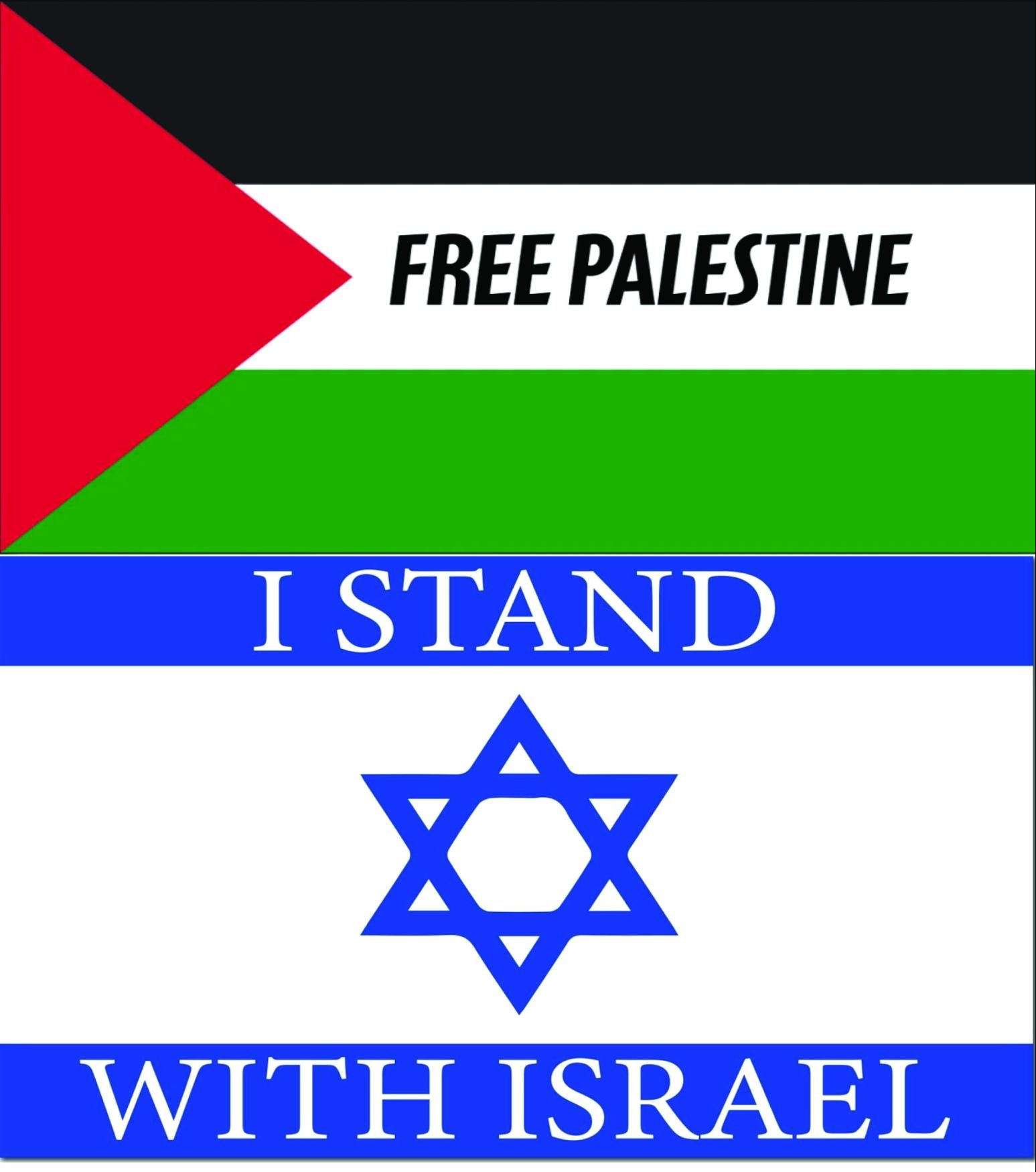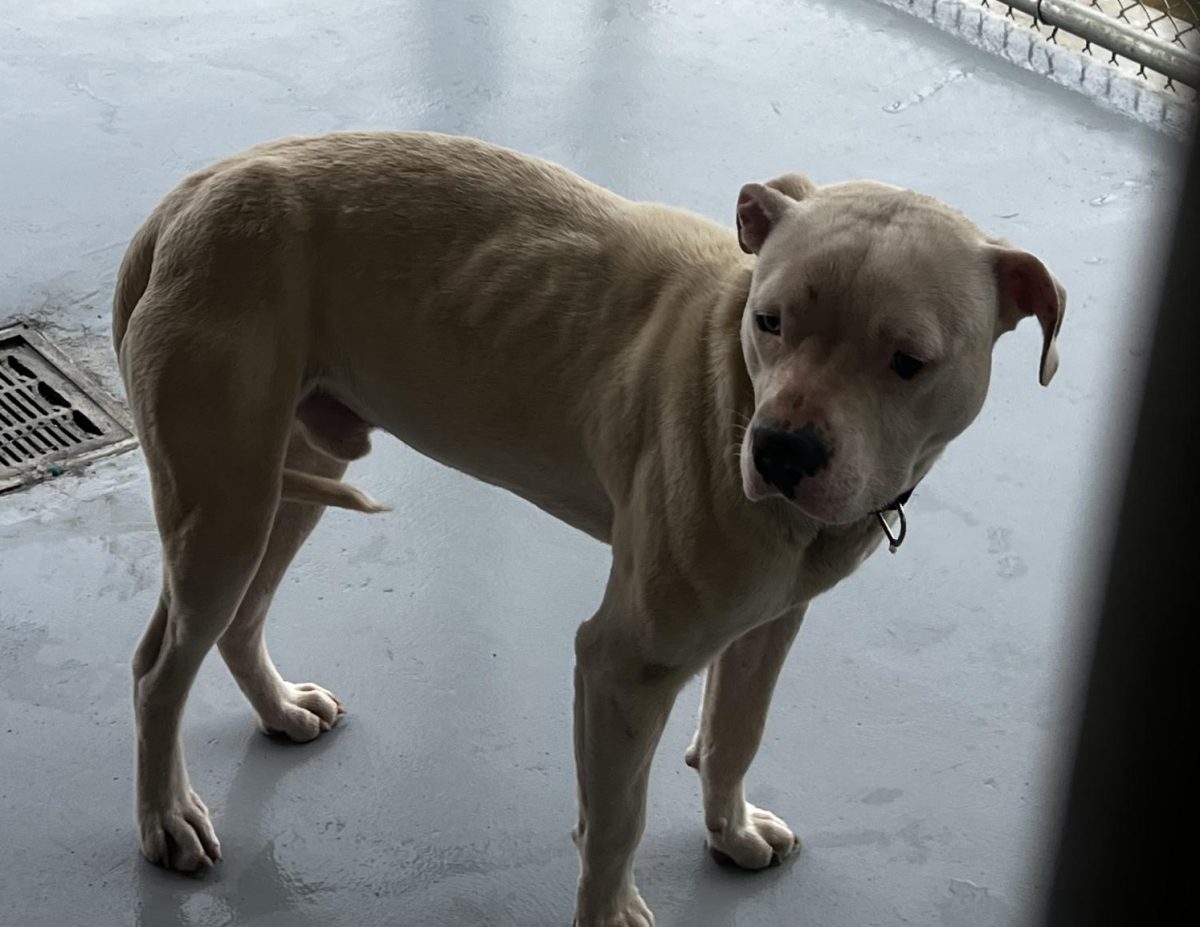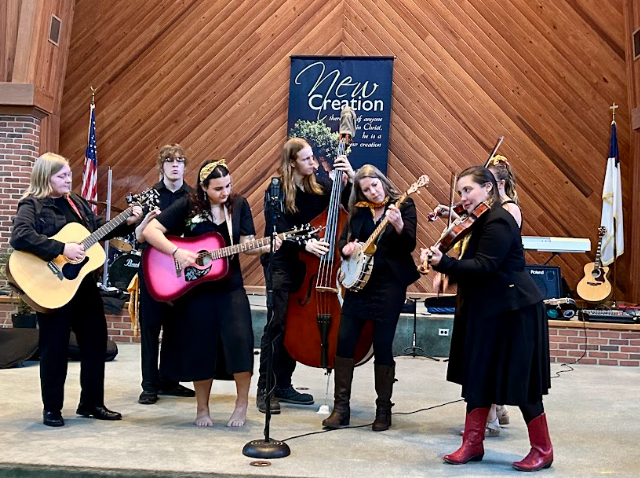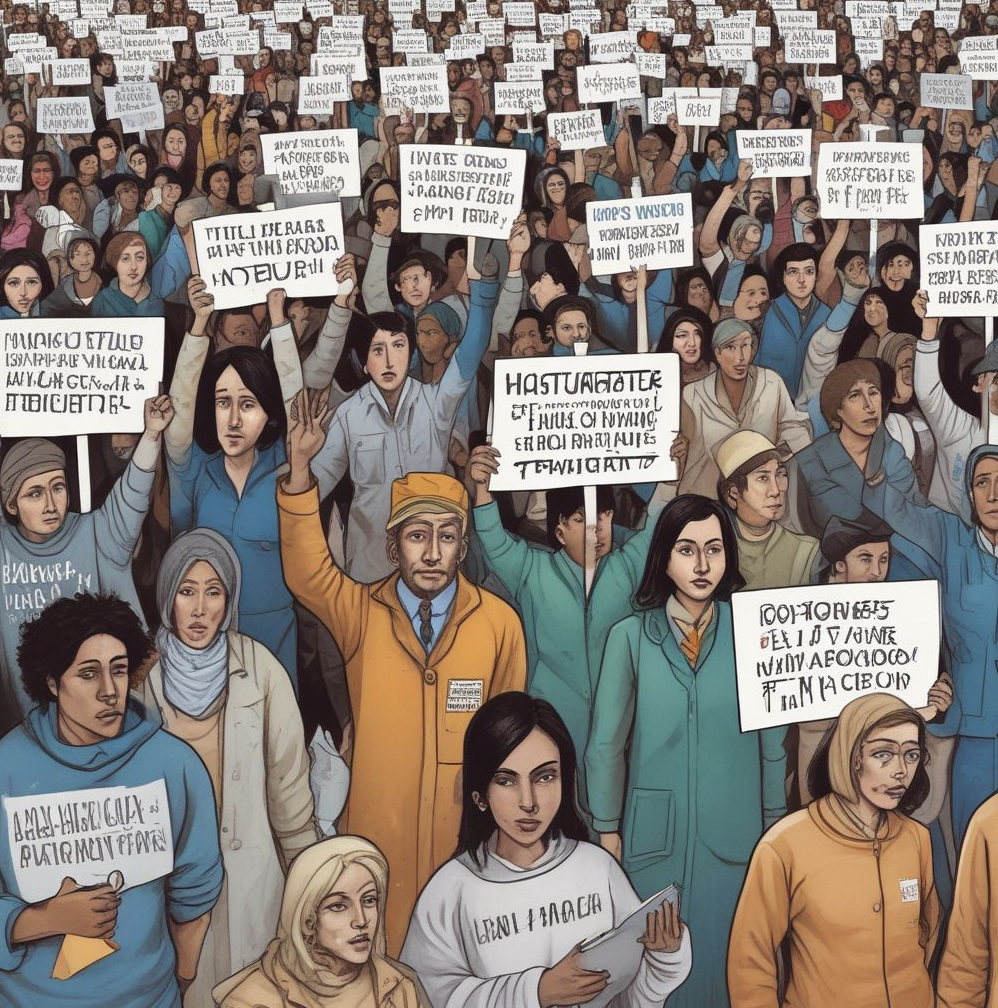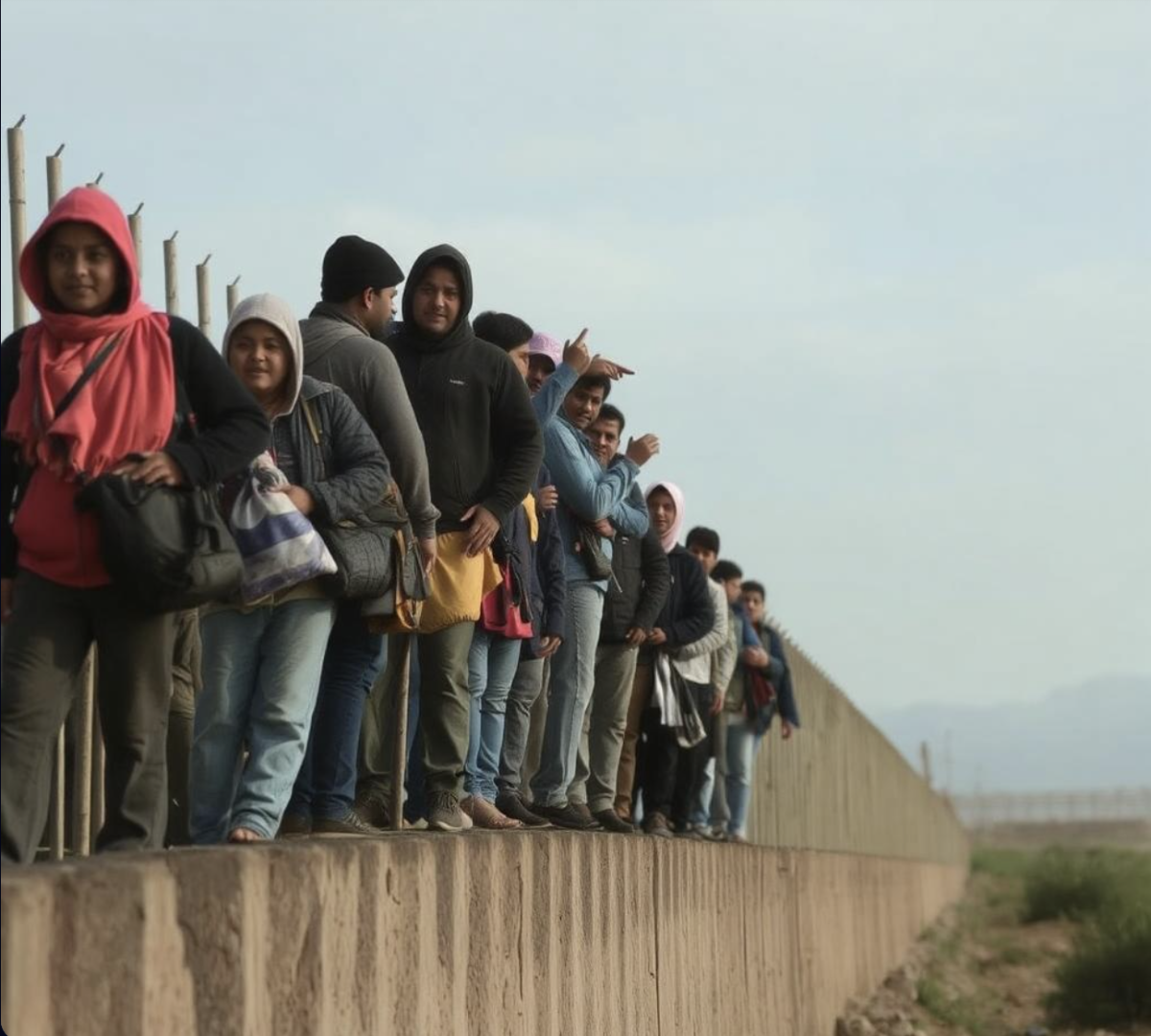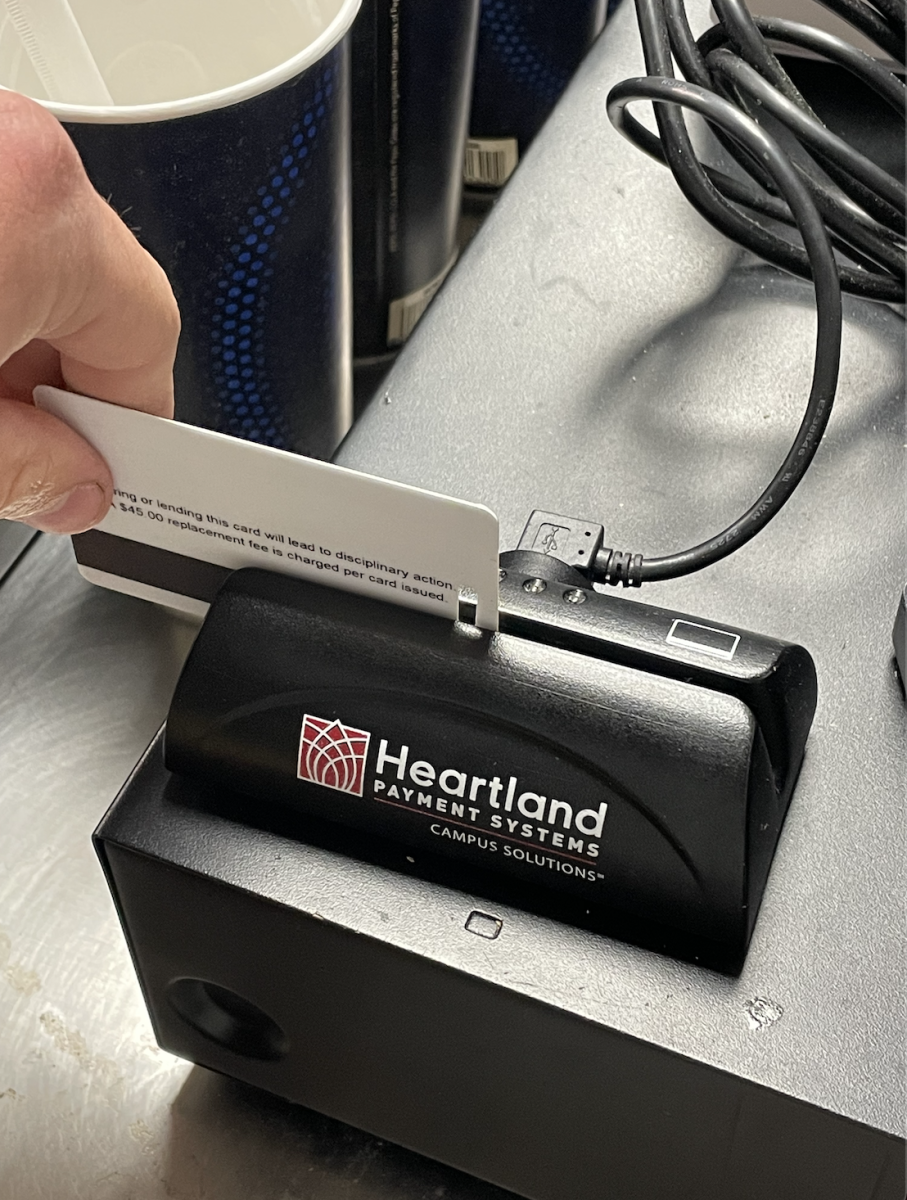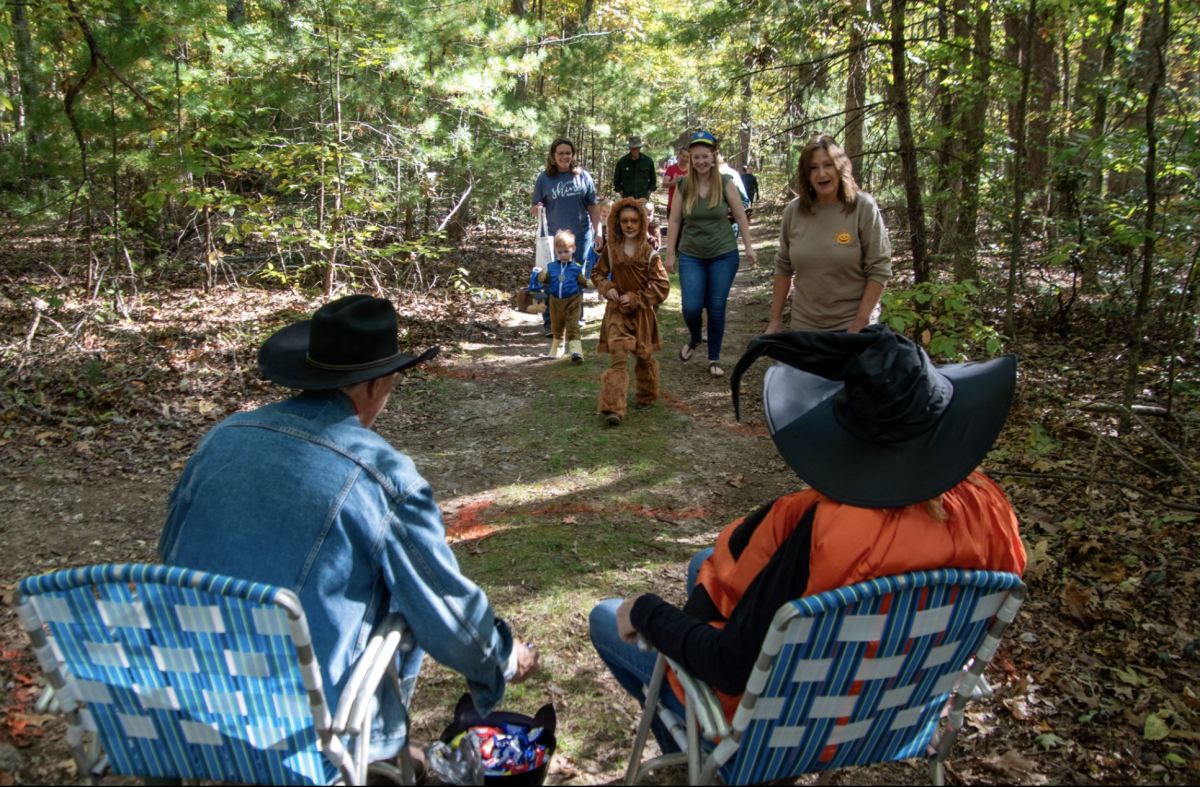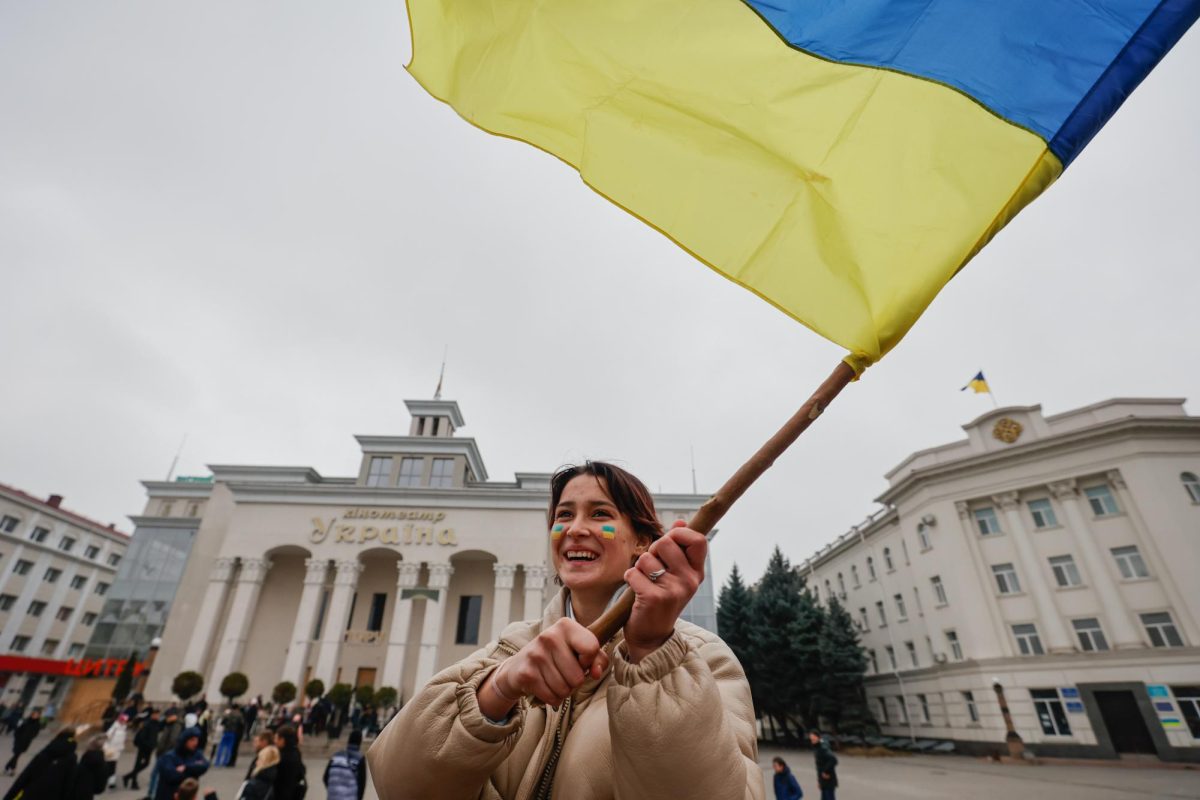Hamas is an Islamist militant movement and one of the Palestinian territories’ two major political parties.
It governs more than 2 million Palestinians in the Gaza Strip, but the group is best known for its armed resistance to Israel.
Hamas launched an unprecedented assault on Israel on Oct. 7, with hundreds of gunmen infiltrating communities near the Gaza Strip. More than 1,400 Israelis were killed, and the Israeli military says 230 soldiers and civilians, including women and children, were taken to Gaza as hostages.
The United States and European Union have designated Hamas a terrorist organization because of its armed resistance against Israel, which has included suicide bombings and rocket attacks. Israel has declared war on Hamas following its surprise assault on the country’s south, the deadliest attack in Israeli history.
Israel’s response was very much go big or go home, because more than 8,000 Palestinians in Gaza have been killed in air and artillery strikes carried out by the Israeli military, according to the Hamas-run health ministry in Gaza. Somehow all those killings have been justified–even those of innocent women and children.
Israeli troops have also massed along the Gaza boundary, and Palestinians are bracing themselves for a major ground operation.
Israel has also devastated Gaza’s health sector and flattened much of its infrastructure while strengthening its choke-hold siege by cutting off fuel, water and food, acts that may amount to war crimes under international humanitarian law.
While violence is never the answer, for years, Palestinians have lived in Apartheid-like conditions. It’s no wonder they felt provoked in their attack. But most of what the world sees and reads is that Hamas attacked Israel, so any response is valid. But this is only part of the story.
“If you don’t live in Gaza, if you don’t listen to the prayers Palestinians make when they lose loved ones, if you don’t learn about the life story of loved ones who have been killed then the coverage (of Gaza) won’t be the same as the coverage of Israel,” Taghreed El-Khodary, an analyst from Gaza, told Al Jazeera.
Most of the people within Gaza are the children or grandchildren of Palestinians who were expelled from their homeland during the creation of Israel in 1948, an event commemorated annually as the “Nakba” or catastrophe. Rights groups refer to Gaza, where 2.3 million people are squeezed into a piece of land only 25 miles long and 6 miles wide, as the largest “open-air prison” in the world.
Palestinians invited to speak to Western news channels are frequently asked if they “condemn Hamas”, while Israeli guests are seldom asked to condemn their government’s apartheid policies in the occupied West Bank or its siege and bombardment of Gaza, experts told Al Jazeera.
The Palestinians in Gaza are much like the Indigenous Native Americans in the US. They were displaced by imperial colonization.
Mahmoud Bassam, a Gazan journalist documenting the suffering in Gaza, said that he, too, is often part of and shares his views on the war and what impacts it has made in his life–mainly the feeling of helplessness.
“As hard as it is to see what I see, and as much as I’m trying to deliver this message,” he says, “sometimes from behind the camera, I just stand and cry. And the only thing I can do is be silent.”
Even though the U.S. is supporting Israel, we should not be turning a blind eye to the killing of innocent Palestinian civilians.
For the opposing viewpoint, please click here.


